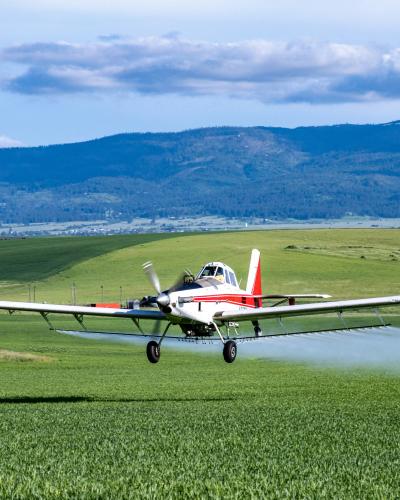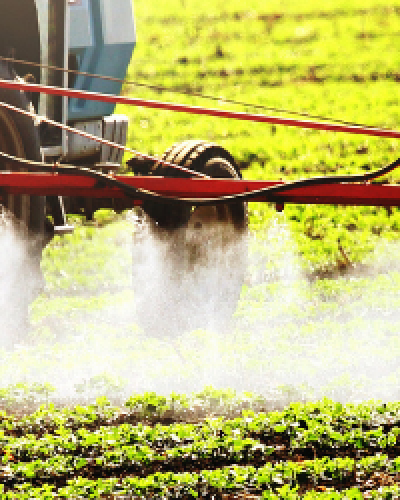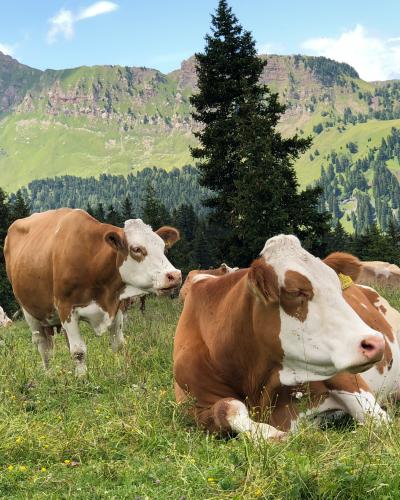Results from a large scale cross-sectional study published in the journal of Public Health Nutrition suggests an association between reduced inflammation and consuming organic food. Though this...
Sep 12, 2025
A recent review paper from Ecosystem Services found that regenerative organic agriculture (ROAg) has significant positive effects on soil health. Authors established that 64% of the soil ecosystem...
Sep 03, 2025
A comprehensive national study published in Frontiers in Cancer Control and Society has found strong associations between...
Jul 16, 2025
A 2025 study published in Environmental Health provides some of the strongest evidence to date that glyphosate and glyphosate-based herbicides (GBHs) pose a significant cancer risk. The research...
Feb 27, 2025
Chronic exposure to pesticides can accelerate the progression of Parkinson’s disease, according to a recent UCLA study. The...
Apr 07, 2024
A new study published in the journal Science that shows increasing agricultural diversification simultaneously benefits both environmental and social outcomes, creating multiple win-win situations...
Dec 17, 2022
Picture by Neil Palmer (CIAT) n.palmer@cgiar.org
Misunderstandings about organic agriculture abound, and can be clearly seen in a recent misleading article published in US...
Jun 14, 2022
Organic dairy cows are as healthy as their nonorganic counterparts when it comes to their risk for parasite infections,...
Jan 17, 2022
A recent study published in the journal Environmental Science and Pollution Research tested urine samples from 6,848 participants and found glyphosate in 99.8% of the samples, suggesting a general...
Sep 06, 2021
Farming comes in all shapes and sizes and varies in levels of sustainability, though there has been a growing global push for all farming to become more equitable and better for human and...












